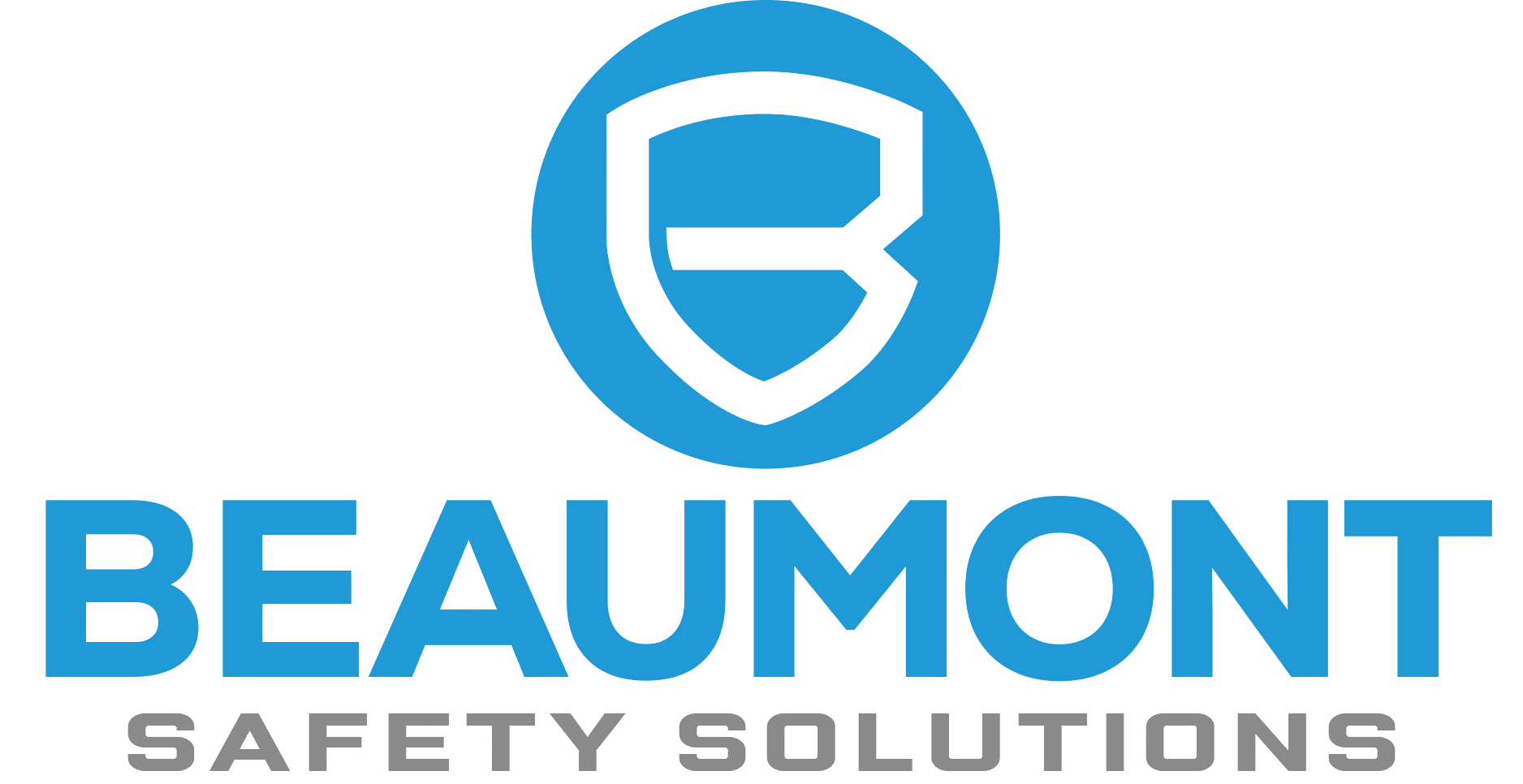The recent conviction of the Port of Auckland’s CEO has set a significant new precedent in the realm of health and safety regulations. This case has highlighted the critical importance of executive accountability in ensuring workplace safety and has sent a strong message to corporate leaders across New Zealand and at home in Australia.
Background of the Case
The incident that led to the CEO’s conviction occurred in March 2023, when a tragic accident at the port resulted in the death of a worker. The investigation revealed that the accident was due to a series of safety lapses and failures to adhere to established protocols. These lapses included inadequate training, insufficient safety equipment, and a lack of proper supervision.
The Investigation and Trial
Following the accident, a thorough investigation was conducted by the relevant authorities. The investigation uncovered a pattern of negligence and disregard for safety standards at the port. It was found that the CEO had been aware of these issues but had failed to take appropriate action to address them.
During the trial, the prosecution presented compelling evidence that the CEO’s inaction directly contributed to the unsafe working conditions that led to the fatal accident. Witnesses testified about the lack of safety measures and the pressure to prioritize productivity over safety. The defense argued that the CEO was not solely responsible for the safety lapses, but the court ultimately found the CEO guilty of failing to ensure a safe working environment.
Implications of the Conviction
The conviction of the Port of Auckland’s CEO has far-reaching implications for corporate governance and health and safety practices. It underscores the legal and moral responsibility of executives to prioritize the well-being of their employees. This case serves as a stark reminder that neglecting safety protocols can have severe consequences, not only for workers but also for those in leadership positions.
Reactions from the Industry
The conviction has sparked a wave of reactions from various stakeholders in the industry. Labor unions have praised the decision, stating that it reinforces the importance of worker safety and holds executives accountable for their actions. They have called for stricter enforcement of safety regulations and more rigorous oversight of corporate practices.
On the other hand, some business leaders have expressed concerns about the potential impact of the conviction on executive decision-making. They argue that the fear of legal repercussions could lead to overly cautious behavior, potentially stifling innovation and growth. However, proponents of the conviction argue that it will ultimately lead to a safer and more responsible business environment.
Future of Health and Safety Regulations
The precedent set by this case is expected to influence future health and safety regulations. Lawmakers and regulatory bodies are likely to introduce stricter measures to ensure that companies adhere to safety standards. This could include more frequent inspections, higher penalties for violations, and mandatory safety training programs for executives.
Additionally, the case has highlighted the need for a cultural shift within organizations. Companies are encouraged to foster a safety-first mindset and to empower employees to speak up about safety concerns without fear of retaliation. By prioritizing safety, businesses can protect their workers and avoid the legal and financial repercussions of safety violations.
Conclusion
The conviction of the Port of Auckland’s CEO marks a pivotal moment in the ongoing effort to improve workplace safety. It serves as a powerful reminder that executive leaders have a crucial role to play in safeguarding the well-being of their employees. As the industry moves forward, it is essential for companies to learn from this case and to take proactive steps to prevent similar tragedies in the future.
Contact us at Beaumont Solutions, Your Adelaide Safety Consultants for further support and information.



